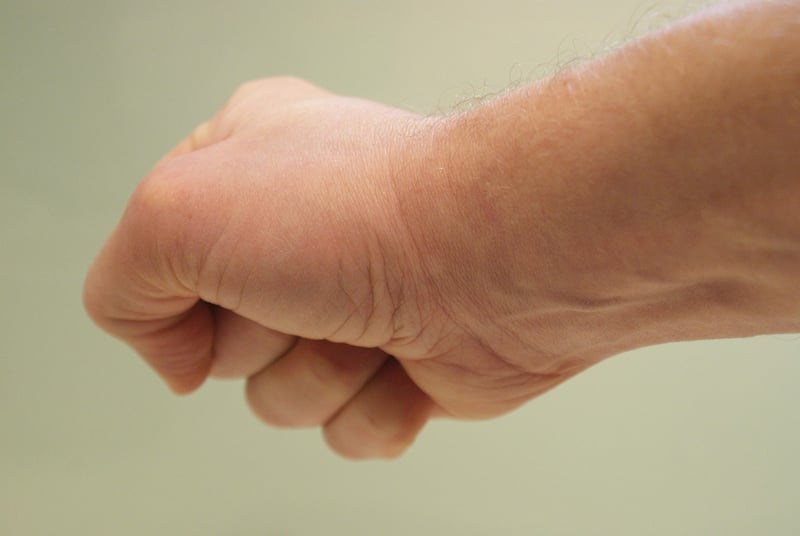Relaxation Techniques

Enhance Your Well-Being with Relaxation Techniques
In today's fast-paced world, it's essential to prioritize your well-being and take time to relax and unwind. Incorporating relaxation techniques into your daily routine can help reduce stress, improve mental clarity, and enhance overall quality of life. Here are some effective practices to promote personal well-being:
1. Mindfulness Meditation
Practicing mindfulness meditation involves focusing on the present moment without judgment. This can help calm the mind, reduce anxiety, and improve concentration. Find a quiet space, sit comfortably, and focus on your breath or a mantra.
2. Deep Breathing Exercises
Deep breathing exercises can quickly calm the nervous system and reduce stress. Try inhaling deeply through your nose, holding for a few seconds, and exhaling slowly through your mouth. Repeat several times for relaxation.
3. Progressive Muscle Relaxation
This technique involves tensing and then relaxing each muscle group in the body, starting from your toes and working your way up to your head. Progressive muscle relaxation can help release physical tension and promote relaxation.
4. Yoga and Stretching
Yoga combines physical postures, breathing techniques, and meditation to promote relaxation and flexibility. Even simple stretching exercises can help release muscle tension and improve blood flow, leading to a sense of well-being.
5. Nature Walks
Spending time in nature has been shown to reduce stress and improve mood. Take a leisurely walk in a park or natural setting, breathe in the fresh air, and appreciate the beauty of your surroundings. Connect with nature to enhance your well-being.
6. Journaling
Writing down your thoughts and feelings can be a therapeutic way to process emotions and gain clarity. Try journaling as a form of self-reflection and stress relief. Expressing yourself on paper can help you relax and let go of worries.
7. Digital Detox
Constant digital stimulation can contribute to stress and overwhelm. Take regular breaks from screens, limit social media usage, and practice mindfulness when using technology. A digital detox can help you disconnect and recharge your mind.
8. Guided Imagery
Guided imagery involves visualizing peaceful scenes or positive outcomes to evoke relaxation and reduce anxiety. You can listen to guided imagery recordings or create your own mental images to promote inner calm and well-being.
Conclusion
Prioritizing relaxation techniques and personal well-being practices is essential for maintaining a healthy lifestyle in today's busy world. Experiment with different techniques to find what works best for you and make self-care a priority. By incorporating these practices into your daily routine, you can reduce stress, improve mental clarity, and enhance your overall well-being.
Remember, taking care of yourself is not a luxury but a necessity. Embrace relaxation techniques as a way to nurture your mind, body, and spirit.